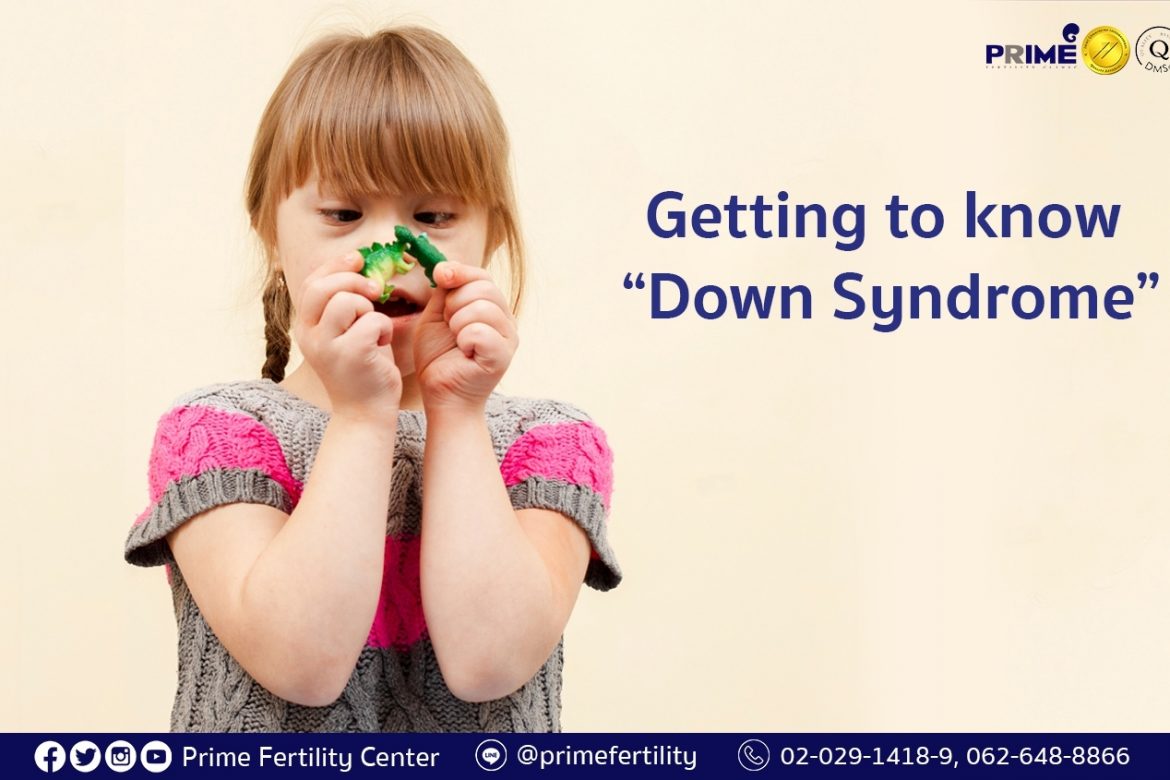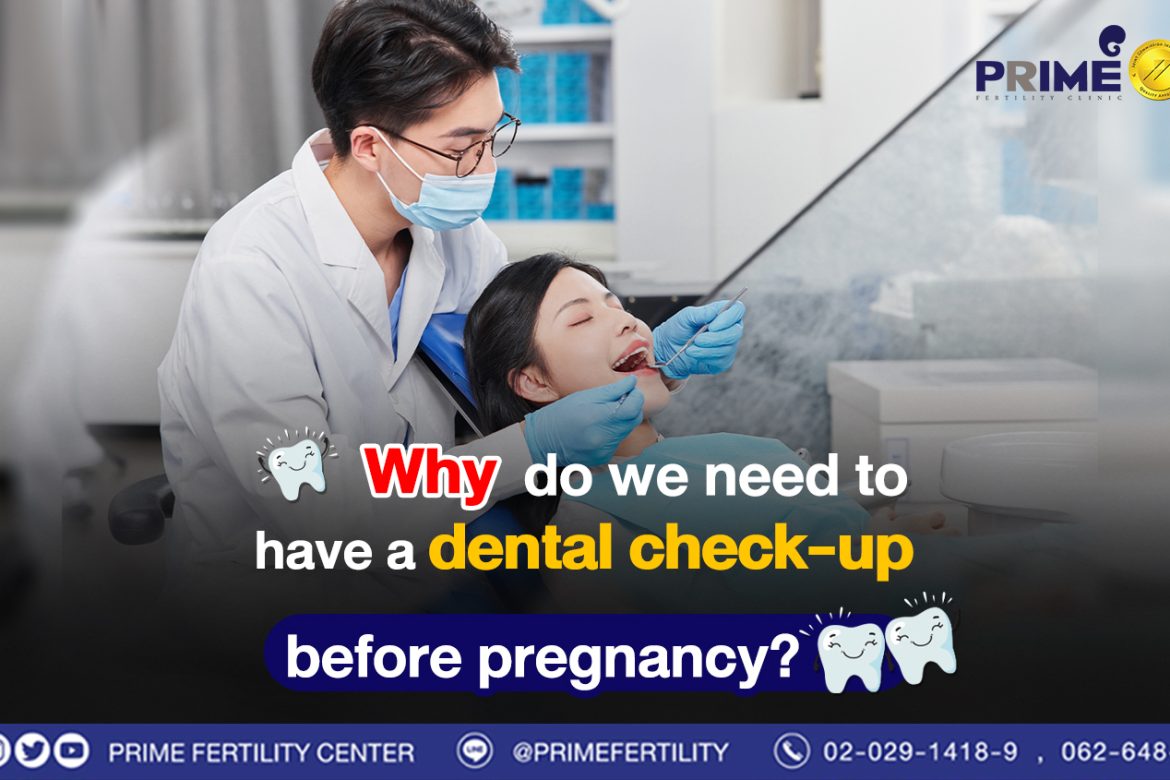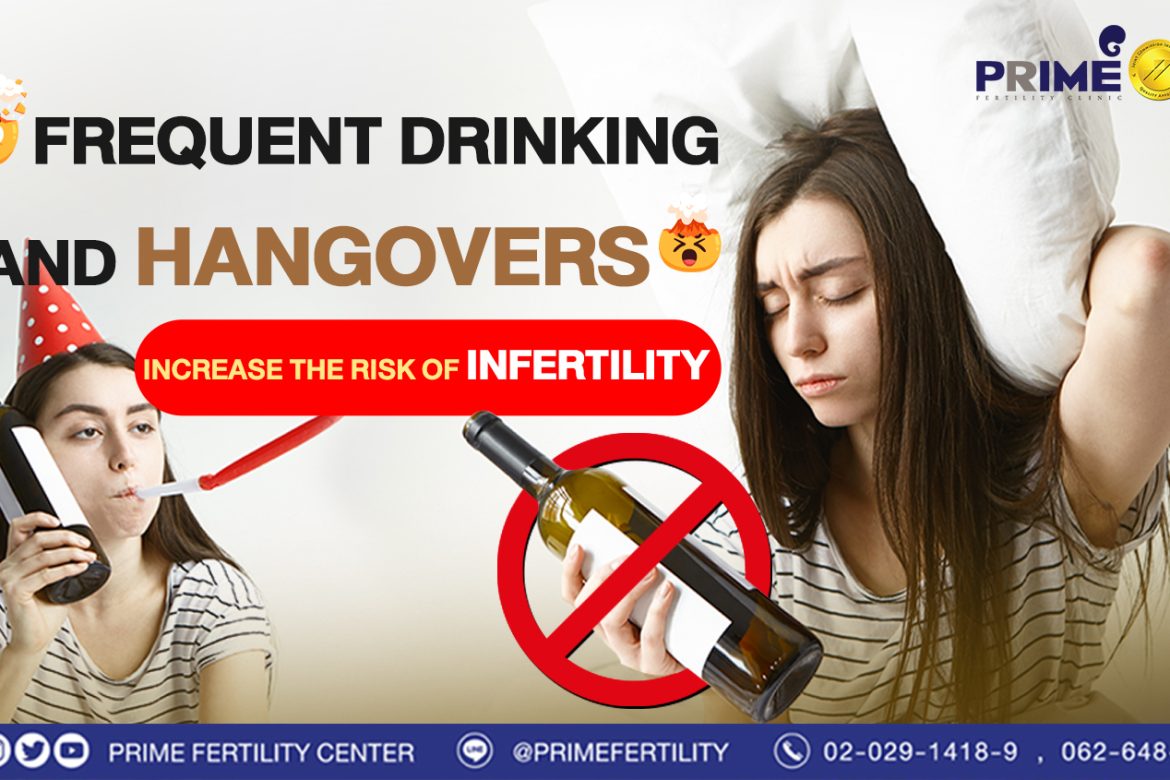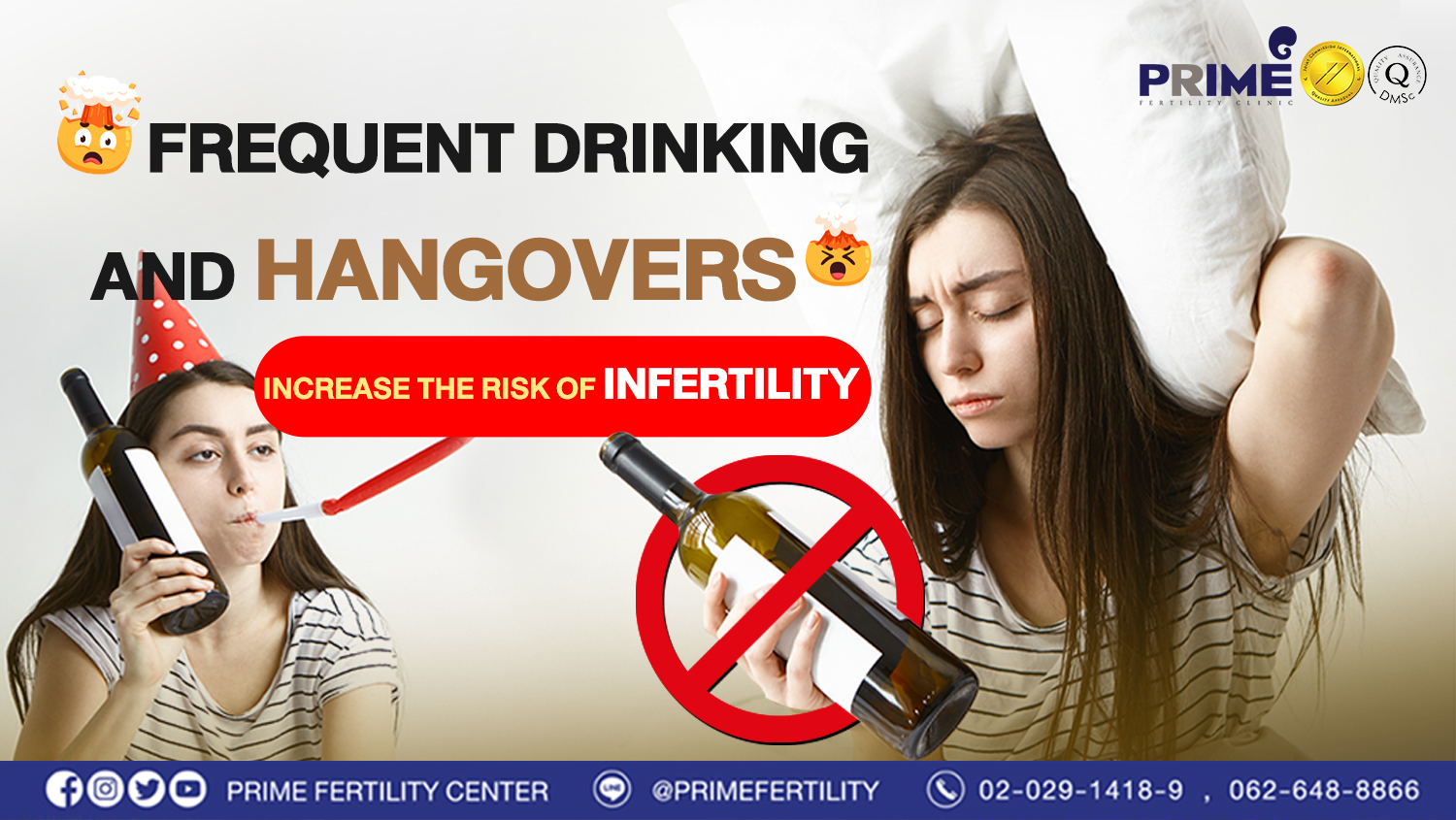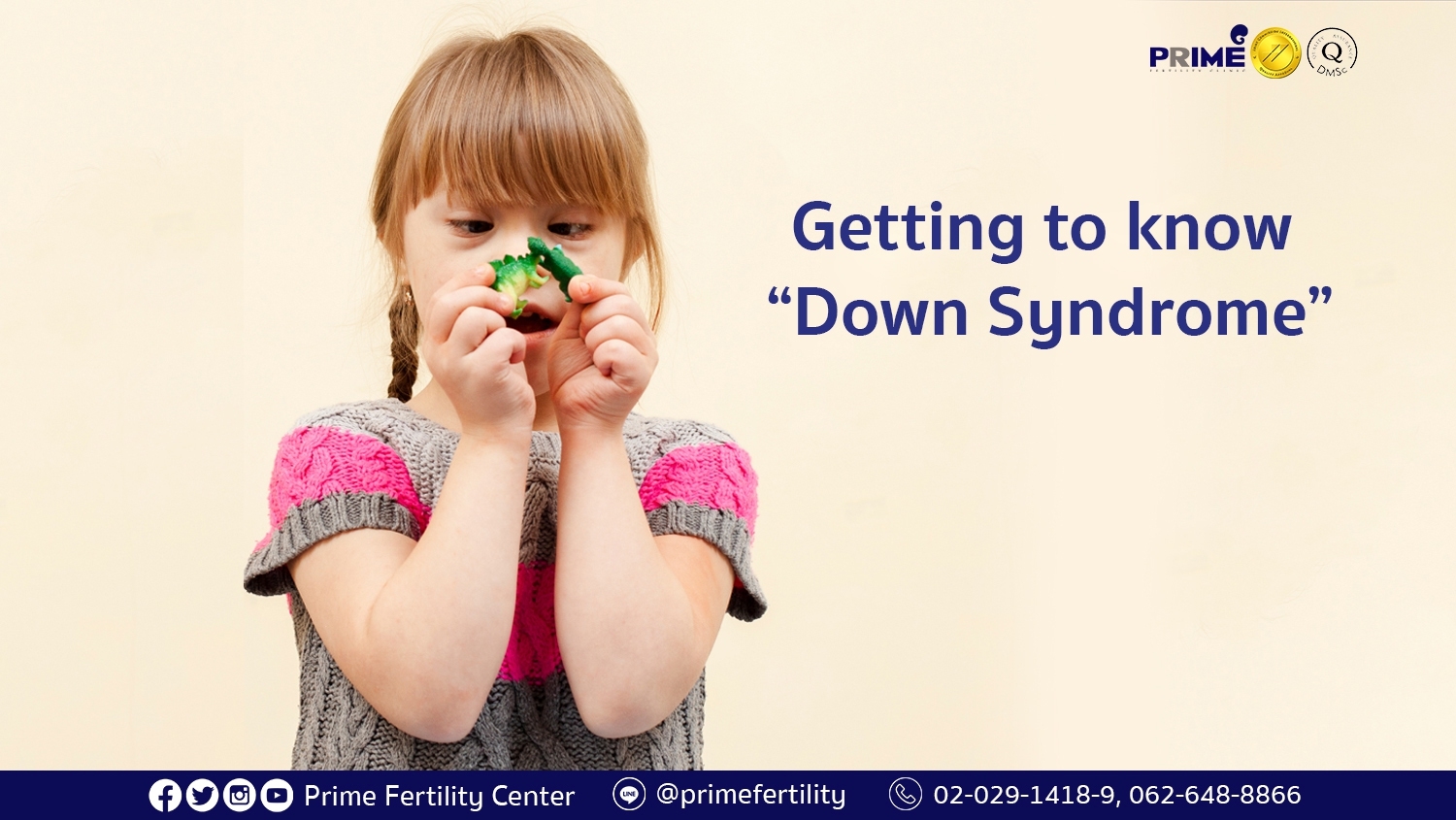
Down Syndrome, a genetic condition that pregnant women must know!
Down syndrome is a genetic disorder caused from an extra full or partial copy of the 21st chromosome. This extra copy of chromosome causes mild to moderate intellectual disability, delayed speech, decreased muscle tone. The obvious physical features are including flattened face / head / nose, small eyes, upward slanting eyelids, short neck, short height (shorter than other people at the same age once becoming an adult). As well as various health problems. Therefore, people with down syndrome mostly have a shorter lifespan than normal individuals.
- Who has a greater risk of conceiving a baby with down syndrome?
The answer is women who are pregnant at age 35 or older! Pregnancy in advanced maternal age makes a high risk of having infants with down syndrome. The older mothers are, the higher risk will be. Moreover, parents who have a child with down syndrome are vulnerable to have the next child with down syndrome as well.
- How can down syndrome be detected?
We can detect down syndrome by a prenatal diagnosis method called amniocentesis. This is a fetus chromosomal test. Usually performed during 16-18 weeks of gestation. Although amniocentesis provides high accuracy but it can cause a miscarriage approximately 1 in 350 cases as well. Therefore, obstetrician will suggest this test to only some pregnant women at high risk. Another method to identify down syndrome is blood test together with ultrasound scan. The procedure is done from 11-13 weeks of gestation. An ultrasound examination is used to see a fetal characteristic and measure the thickness of fetus neck (nuchal translucency). A maternal blood sample is tested to analyze some markers including PAPP-A and hCG. However, the accuracy of this approach is only 80%.

